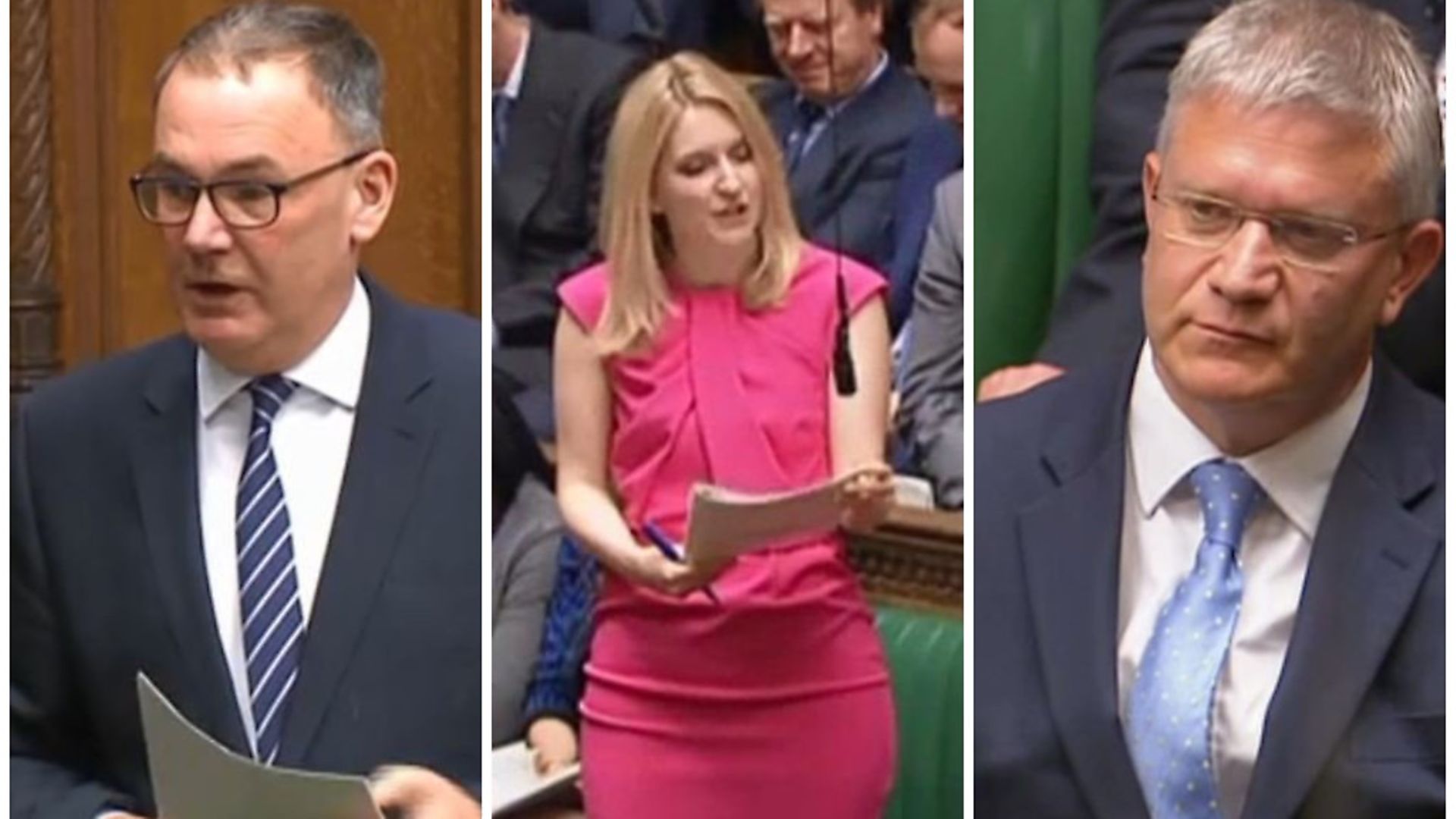
Even among those horrified by Brexit, many remain unwilling to back a People’s Vote. Former Europe minister DENIS MacSHANE addresses their objections, in a bid to push them off the fence
1. Their main argument is that the people have voted and decided. Yet the people vote and decide in every election or referendum. And then another election or referendum comes along and the people decide differently. In the words of David Davis: ‘A democracy that cannot change its mind, ceases to be a democracy.’
2. Some pro-EU critics of a People’s Vote argue we should come out of the EU, either via Theresa May’s deal or even a no-deal, and let Brexit take effect before we rethink it. The problem with this approach is that the political declaration agreed between the UK and Brussels paves the way for years and years of negotiations to bring out any of the vague ambitions proposed. In that time, no international business will have certainty and no British citizen can be sure of his or her rights to live, work or retire in Europe. Political divisions will worsen with the lack of clarity or finality on Brexit.
3. ‘If we hold a second vote, we are implying that the people were duped or stupid the first time around.’ This line of thinking is nonsense. But we do now know that the Brexit vote was based on lies – about Turkish immigration, for instance, and the idea that we would have £350 million a week more to spend on the NHS
4. We also now have evidence of breaches in election law during the referendum, as well as further allegations still being investigated
5. ‘The voters, especially Labour voters, have moved on and are not interested in another referendum,’ say those resisting a People’s Vote. Yet every opinion poll now shows a majority for not leaving the EU. There are also opinion polls showing support for a new vote. To be sure they are not conclusive and most are within the margin of voting error. But in a democracy waiting until you have massive majorities for change is not possible.
6. There have also been important demographic changes since 2016. About 1.5 million elderly people who voted for Brexit in June 2016 have now died. The old voted overwhelmingly for Brexit. More than a million young citizens have reached the age of 18 since June 2016. Four out of five 18-24-year-olds support staying in Europe. One can respect the 2016 vote but one should also ask the new electorate, especially young people who will be the most damaged by Brexit, if leaving Europe is what Britain’s future should be.
7. The cost of Brexit in economic terms will mean a major reduction in financial and other services which earn the UK a trade surplus, as well as a decline in investment from foreign firms not sure they can stay in UK when they lose market access. May’s deal does not guarantee market access which is not covered by staying in a customs union. Business now has a much clearer sense of what is on offer – so does the public. A new referendum campaign would be nothing like the last one.
8. The ‘problem’ of free movement is finding its own solution, as there is a massive exodus of European citizens from Britain as the EU economy picks up and the devalued pound is no longer worth so much for remittances back to families in poorer countries. In 2019, economic forecasts place the UK 28th out of 28 EU member states in terms of growth expectation. There are good proposals, some advanced by former home secretaries Alan Johnson and Charles Clarke, on how to change the rules of the UK internal labour market. These include registration, ID cards, no residence without a job, ending employment agencies hiring East European workers below UK wages, proper apprentice training, prioritising UK citizens in state employment etc. These can give UK citizens confidence the influx of European workers can be controlled without losing access to the single market.
9. Yes, there would be anger and disappointment. But every major decision changing the settled order of things in the UK – from abolishing corn laws, reforming parliament, allowing Ireland to be free, bringing in votes for women, reducing the power of the House of Lords, allowing gay rights, ending fox-hunting – have been divisive and produced counter-demonstrations and angry denunciations. This is democracy. The Swiss, who know about referendums, regularly re-vote them or hand the decision to the Swiss parliament if new facts emerge not known at the time of the first vote.
10. Even with May’s deal, politics and good government will be blocked for the foreseeable future, as Brexit is a political super-glue squeezed into the machinery of politics, business and government. A new election will resolve nothing as parties will be split on what Brexit offer to make to voters. A new public vote cuts this Gordian knot.
Denis MacShane is the former minister for Europe. In Janurary 2015 his book Brexit, How Britain Will Leave Europe (IB Tauris) predicted the outcome of the referendum
Warning: Illegal string offset 'link_id' in /mnt/storage/stage/www/wp-includes/bookmark.php on line 357
Notice: Trying to get property 'link_id' of non-object in /mnt/storage/stage/www/wp-includes/bookmark.php on line 37






